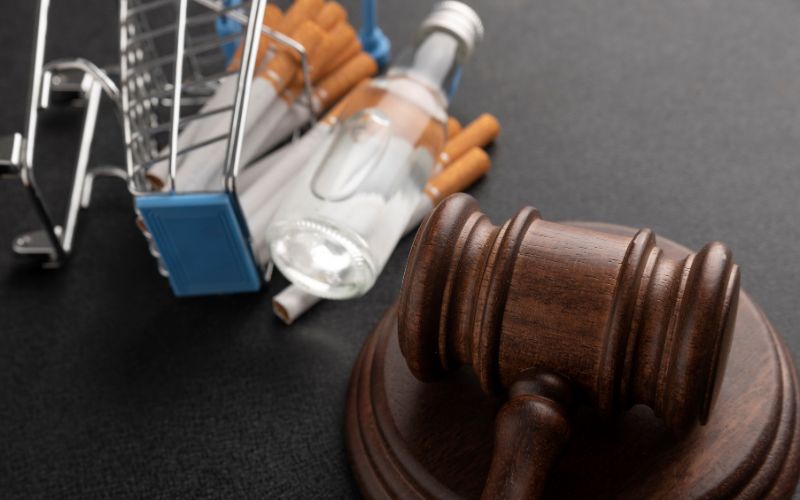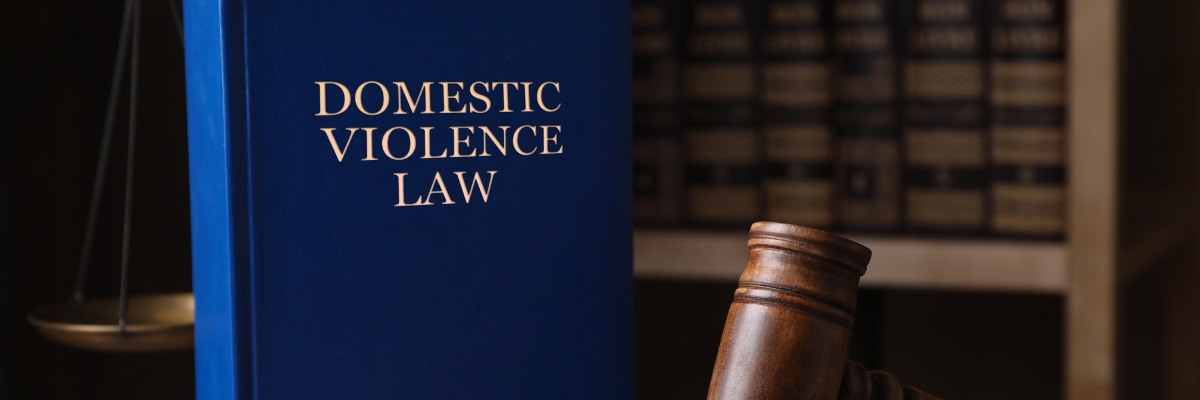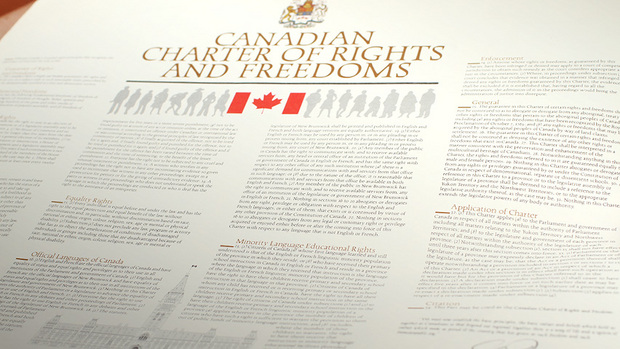I’m Stephen Jack and I am a criminal defence lawyer in Toronto. The primary purpose of my blog is to help educate you about the criminal justice system, what my role will be as your defence lawyer, and the numerous criminal offences found in the Criminal Code of Canada and the Controlled Drug and Substances Act.
For those lawyers that practice criminal law on a regular basis, it is easy for these lawyers to forget that the criminal justice system is world unknown to many of their clients or prospective clients. If you are someone who is unfamiliar with our criminal justice system, and without the proper information, you may find yourself feeling confused and frustrated. However, you can help yourself by being proactive and asking questions Here are some questions you should ask your lawyer.
Do I Need to Bring Anything With Me to the Meeting?
The short answer is yes. You should bring with you any documentation you have received from the police or from the court. For example, if you have already had a bail hearing, you should bring your bail papers with you so that I can explain or clarify any and all of your bail conditions. If you attended court on the first appearance date you may have been given disclosure by the Crown Attorney. If so, bring any disclosure you have received from the Crown Attorney so that I can review it with you and answer any questions you may have.
Ask About the Duty of Confidentiality
It is essential that the lawyer/client relationship be based upon trust. This means that you should feel you are able to share freely with me any information relevant to your case without prejudice and without being judged. Whether you decide to retain me or not, it is important that you understand that what you tell me remains strictly confidential. As someone educated in both law and social work, I have a unique understanding and appreciation of how important it is to keep any information disclosed to me confidential. Don’t forget to ask under what circumstances confidential information may or must be disclosed. Although these circumstances are rare, it is important that you understand when a lawyer is permitted to disclose confidential client information, and when a lawyer is obligated to disclose such information.
Can I Sign a Designation of Counsel?
If you decide to retain me, make sure you ask about signing a designation of counsel. Simply put, a designation of counsel is a form that you sign that acknowledges you have retained me as your lawyer and that you agree that I can appear on your behalf without requiring you to be present at court. Often a criminal matter requires several court appearances before the matter is resolved, and a designation of counsel allows me to appear on your behalf for several of these court appearances so that you do not have to take time off of work or school, arrange for a babysitter or make any other arrangements that you would otherwise have to make if you were required to attend court.
I Have to Attend the Police Station for Fingerprints, What do I need to Know?
In circumstances where you are released from the police station, you will be given legal documents, one of which will provide you with a date of when you are required to attend the police station to be fingerprinted. Be careful not to mix up the date as there will also be a date of when you are required to attend court. Depending on the jurisdiction, you may be required to attend the police station at a specific time during the day, such as is the case in Brampton, while in other jurisdictions you may be permitted to attend at any time during a particular day. I will confirm with you the date, time and location of when you are required to attend for fingerprints. It is important that you attend on the correct date and time, or the police may issue a warrant for your arrest and you could be charged with an additional criminal offence.
If a particular time to attend the police station is going to cause significant hardship, please advise me and I will attempt to negotiate another time you can attend for fingerprints. However, please be advised that it is the discretion of the police to change a time when you are required to attend for fingerprints.
Finally, please remember to take your document with you when you attend the police station. Ask the police to stamp your document as proof that you attended the police station for fingerprints at the appropriate date and time.
Follow the link for information on applying to have your fingerprint records destroyed.
Can You Explain My Bail Conditions?
It is equally important that you understand your bail conditions as it is that you fully comply with each and every condition outlined in your bail. If you do not understand any of your bail conditions, ask me to explain each one. Bail conditions are not always written in clear and plain language, and can be misinterpreted or misunderstood.
Often a condition of bail is that you are not to have any communication direct or indirect with another named individual. It is important that you understand that no direct or indirect communication means that you cannot use a third party to communicate with the named individual with whom you not permitted to communicate with. The term communication refers to all forms of communication, including facebook, twitter, email, text messaging, etc. If you are not permitted to communicate with someone who you have on your facebook account, delete that person as a contact immediately, as well as anyone that may communicate with the person you are permitted from communicating with.
If you violate any one of your bail conditions the police may arrest you again and charge you with failing to comply with your terms of bail. In these circumstances you will be held for a bail hearing, where the onus will be on you to establish that you should be released pending the outcome of your criminal charges. Let me explain your bail conditions so that you don’t find yourself in a position where you are not sure whether you are violating your bail.
More information on Bail Conditions, FAQs on bail conditions, changing your bail conditions.
Retainer
One of the most important and frequently asked questions that a client will ask a lawyer is “how much is this going to cost me?” Unfortunately, lawyers are rarely in a position to quote a firm price during an initial interview. It is not fair to you or to me that I provide you with a bottom line of how much it will cost to resolve the charges against you. Your matter may involve early resolution or may need a trial to resolve. Your matter may require only one or two court appearances or it may require numerous court appearances. Your matter may require additional expenses such as legal research or hiring an expert, or it may not. Your matter may be a simple matter, or a very complex matter.
What is important when you are discussing a retainer is that you understand what constitutes legal fees. Ask me about retaining my services on an hourly basis against a block fee. Ask me about what additional expenses may be incurred, such as postage, photocopying, couriering documents. You should leave the first meeting feeling comfortable that you know the services you are receiving and how you are being charged for these services.
Follow the link for more information on legal fees.
What are the best and worst case scenarios?
The Criminal Code of Canada and the Controlled Drugs and Substances Act contain numerous criminal offences for which there are variety of potential penalties should you be found guilty. It is important that you understand the criminal charge or charges against you, and what are both the possible outcomes and the likely outcomes. There are more and more minimum penalties being attach to various criminal offences, while other criminal offences such as impaired driving, also carry additional penalties under the Highway Traffic Act. Therefore, make sure you are aware of all the possible outcomes you may be subject to.
What Do You Recommend and Why Do You Recommend It?
The primary purpose of meeting with a lawyer is to retain legal advice; however the legal advice you are given is useless unless a lawyer is able to clearly explain why he or she is providing you with that particular advice. You need to ensure a lawyer has considered all the available relevant facts of your case, considered all applicable laws and rules of procedure, and then reached a conclusion based upon sound legal reasoning. When you leave a meeting with me I want you to understand very clearly what I recommend and the reasons why I am recommending what I am.
Contact
If you have been charged with a criminal offence contact me today and arrange a free consultation.













